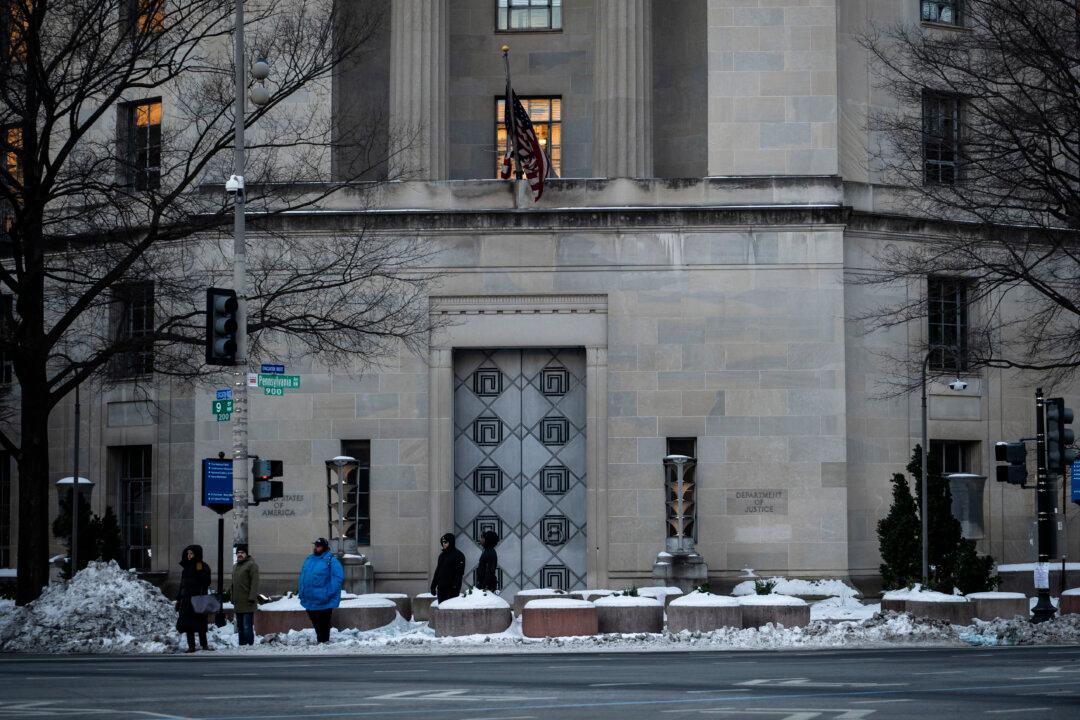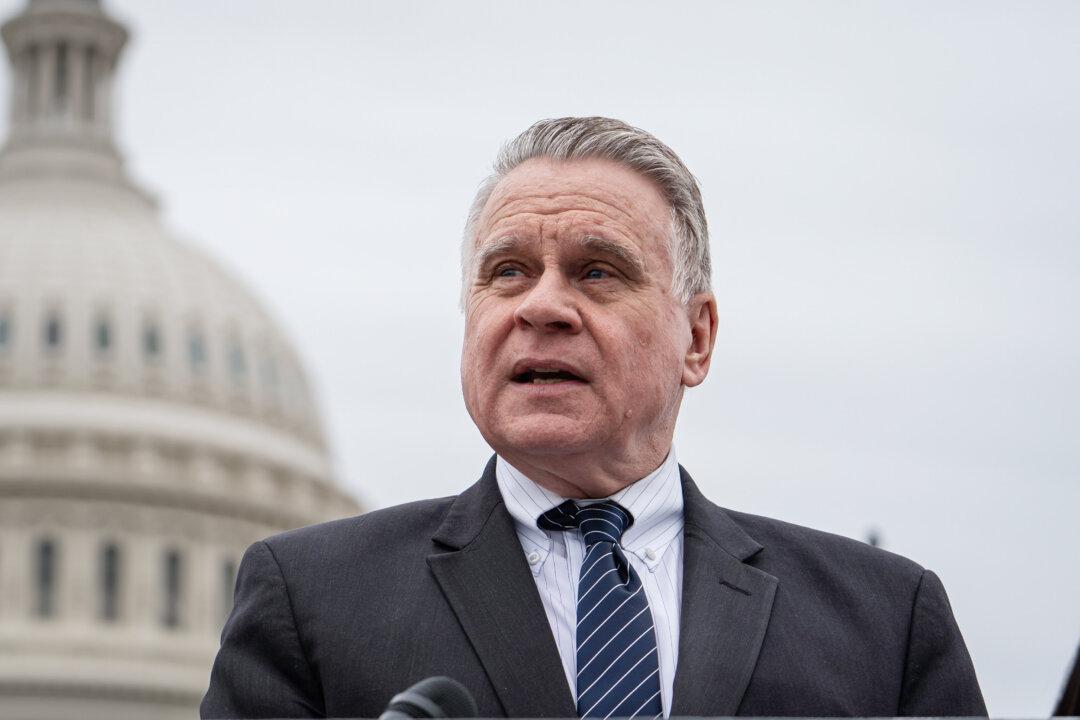Unmanned aerial vehicles, commonly known as drones, have become popular in recent years for their diverse applications, such as photography, mapping, crop surveying, shipping, and surveillance.
However, Beijing can exploit these drones, undermining U.S. national security, according to the latest U.S. government warning.
The U.S. Department of Homeland Security (DHS) issued the warning against Chinese drones in an industry alert titled “Chinese Manufactured Unmanned Aircraft Systems.” The notice was reviewed by multiple media and was first reported by CNN.
Access to Data
DHS warned that businesses using Chinese-made drones could have their corporate data compromised and accessed by the Chinese regime: such as through automatic data transfer out of the drones in the event that they are infected with malware; and data theft from the drones being connected to unsecured internet networks, according to a report by nonprofit media Homeland Security Today (HSToday).The U.S. agency urged companies to be “cautious” of Chinese drone manufacturers, and check if their drone data was ever stored by third parties. Additionally, DHS suggested that if drones are equipped with an SD card, the data within should be cleared after each flight. Last but not least, internet connections to drone controllers should be disabled during flight.
While the DHS notice didn’t name a specific Chinese manufacturer, one Chinese drone maker has dominated the world’s supply.
Research firm Skylogic, in a 2018 market report, stated that 79 percent of drones operating in Canada and the United States are manufactured by DJI. On the global market, the percentage stood at 74 percent.
According to ICE, the drones automatically uploaded information, such as user identification, full names, images, and videos, into cloud storage systems located in China, Taiwan, and Hong Kong, which “the Chinese government most likely has access” to.
In response to the ICE claims, DJI had said it only collected flight logs and images if users opted to share them, and that the drones contained a privacy mode that would prevent data from being uploaded onto the internet.
ICE added that DJI had targeted its marketing toward U.S. companies in the critical infrastructure and law enforcement sectors since 2015. At the time, the agency identified at least 10 large U.S. companies and organizations in sectors such as the railroad, utilities, media, and federal law enforcement that used DJI commercial drones.
DJI
On May 16, concerns regarding DJI’s dominance in the U.S. market were brought up by Frank J. Cilluffo, director of Auburn University’s McCrary Institute for Cyber and Critical Infrastructure Security, during a congressional hearing.The problem with Chinese drones, not specifically produced by DJI, was that their manufacturers “may be legally required to help advance the mission and goals of China’s security and intelligence services,” Cilluffo stated.
China’s national intelligence law, effective in 2017, requires every Chinese organization and citizen to assist and cooperate with Beijing’s national intelligence efforts. The broad and vague definition of “national intelligence” means that companies and citizens must answer to the Chinese regime when called upon.
“China imposes unusually stringent obligations on its citizens to support national intelligence activities,” according to the DHS notice.
DJI is a private company, but it has the support of the Chinese Communist Party (CCP).
In 2017, the Shenzhen government gave DJI 5 million yuan ($731,325) for development of drone navigation systems, 10 million yuan ($1.46 million) for research and development, and 1.89 million yuan (about $276,440) for a drone lifecycle management project.
DJI has received special attention from CCP authorities.
In August 2017, Chinese Premier Li Keqiang hosted a forum in Beijing to discuss how to improve China’s manufacturing sector and upgrade the Chinese economic structure. According to Chinese state-run media reports, during the forum, Li mentioned how China’s industrial policy of “Made in China 2025” should take the lead in upgrading the country’s manufacturing sector.
The forum was attended by 24 officials from China’s cabinet-like State Council and representatives from 50 manufacturing companies, Tao among them. He told reporters after the forum that he was “excited” about Li’s remarks, and that he would work hard to develop DJI’s overseas market.
In November 2016, Zhao Leji, a member of the Politburo Standing Committee, the CCP’s top decision-making body, toured southern China’s Guangdong Province, visiting the offices of DJI and Chinese telecom giant Huawei. According to the CCP’s mouthpiece newspaper People’s Daily, Zhao toured those companies to check on the status of “Party building” there.
According to the official website of the Shenzhen government, the local Belt and Road Forum was co-organized with the CCP’s International Liaison Department. DJI sent a company representative to the forum: Liao Shangyang, DJI’s drone solutions director for the Europe region.





